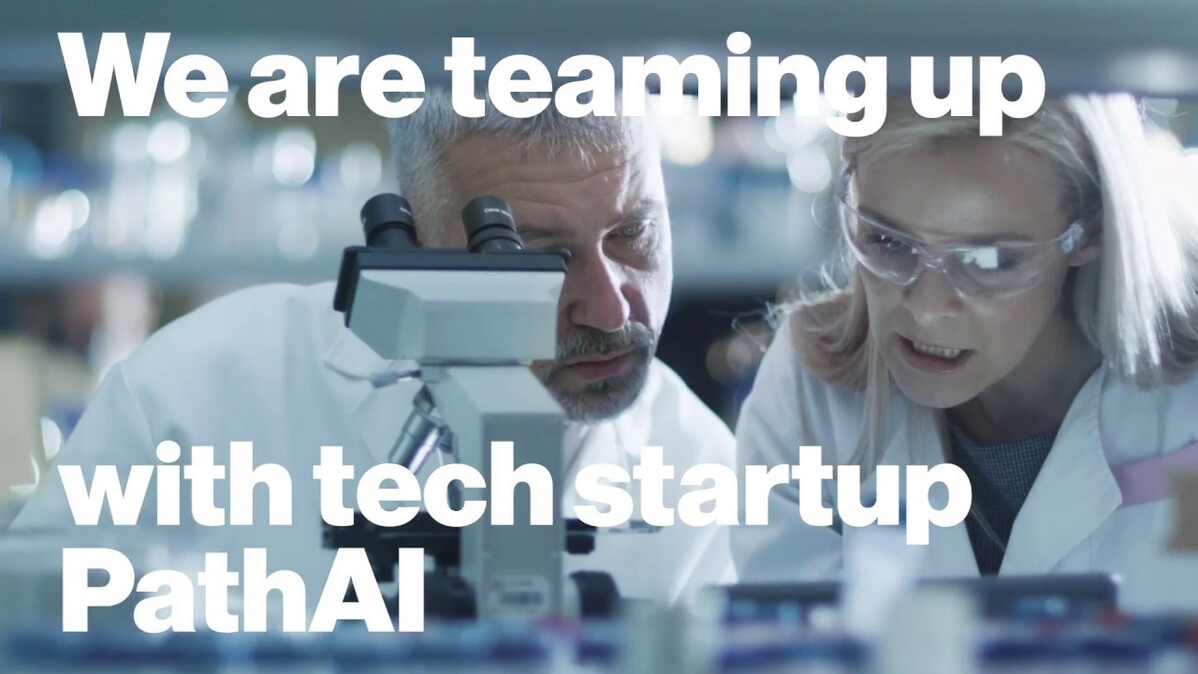For 150 years, pathologists have been looking through microscopes at tissue samples mounted on slides to diagnose cancer. Each assessment is weighty: Does this patient have cancer or not?
The job of a pathologist is daunting. A single slide could contain hundreds of thousands of cells. Only a handful might be cancer. Inaccurate diagnosis rates range from 3-9% of cases, according to a recent review.
Enter artificial intelligence (AI), an extra set of unbiased, indefatigable artificial eyes that could help catch errors. Many researchers are pursuing this possibility, but Novartis pathologists think AI might have an additional role to play. They hypothesize that pathology slides could contain information that helps explain why some patients respond to therapy when other seemingly similar patients do not.
To explore this idea, pathologists and data scientists from Novartis have joined forces with tech startup PathAI. They are training an AI system developed by PathAI to learn to see the same patterns pathologists see and then building on that to determine if the system can detect hidden but informative patterns too subtle or complex for pathologists to discern. The effort is part of a larger effort at Novartis to leverage data and digital technologies in ways that could help drug developers get the right drugs to the right patients faster.








